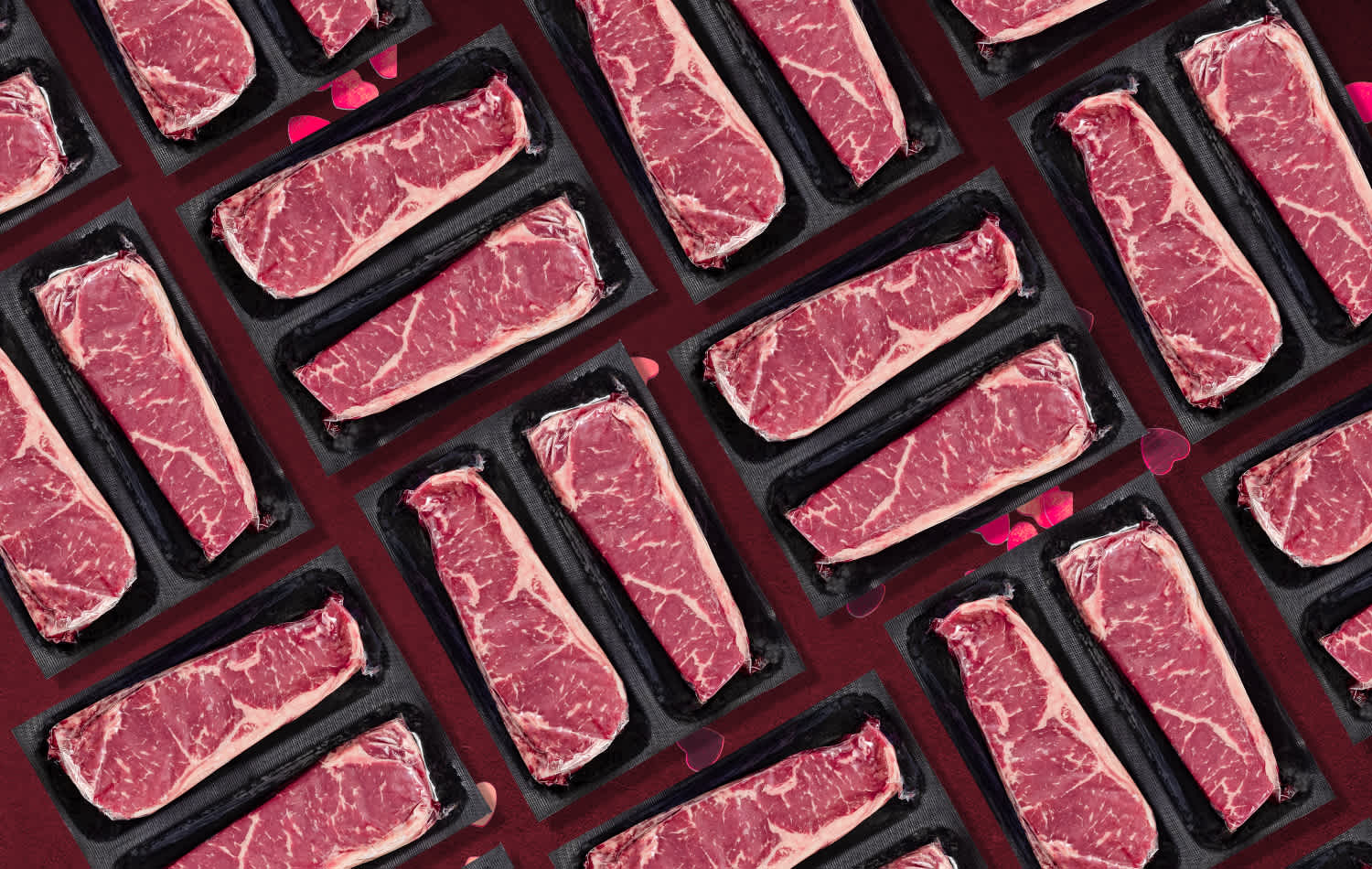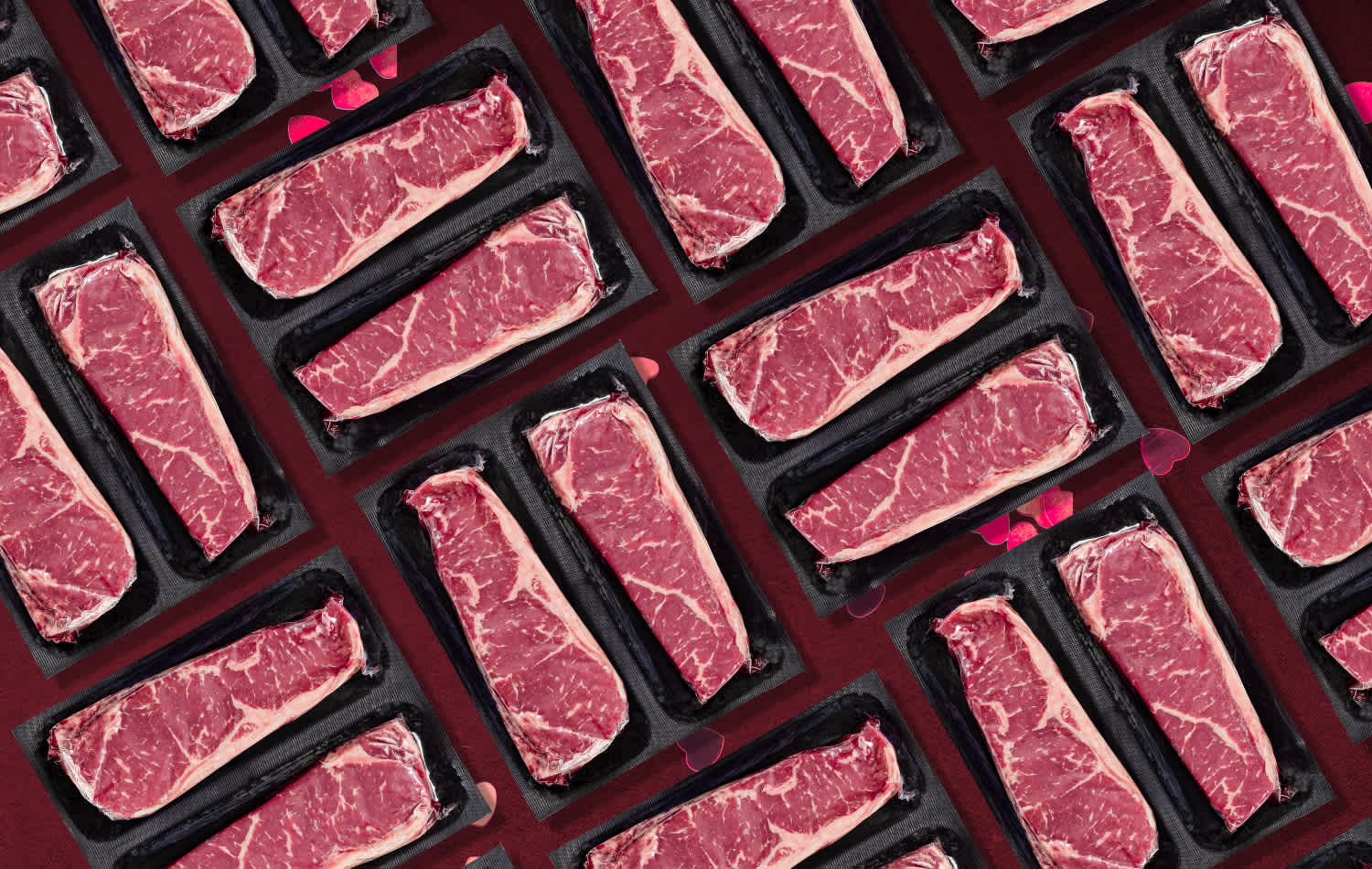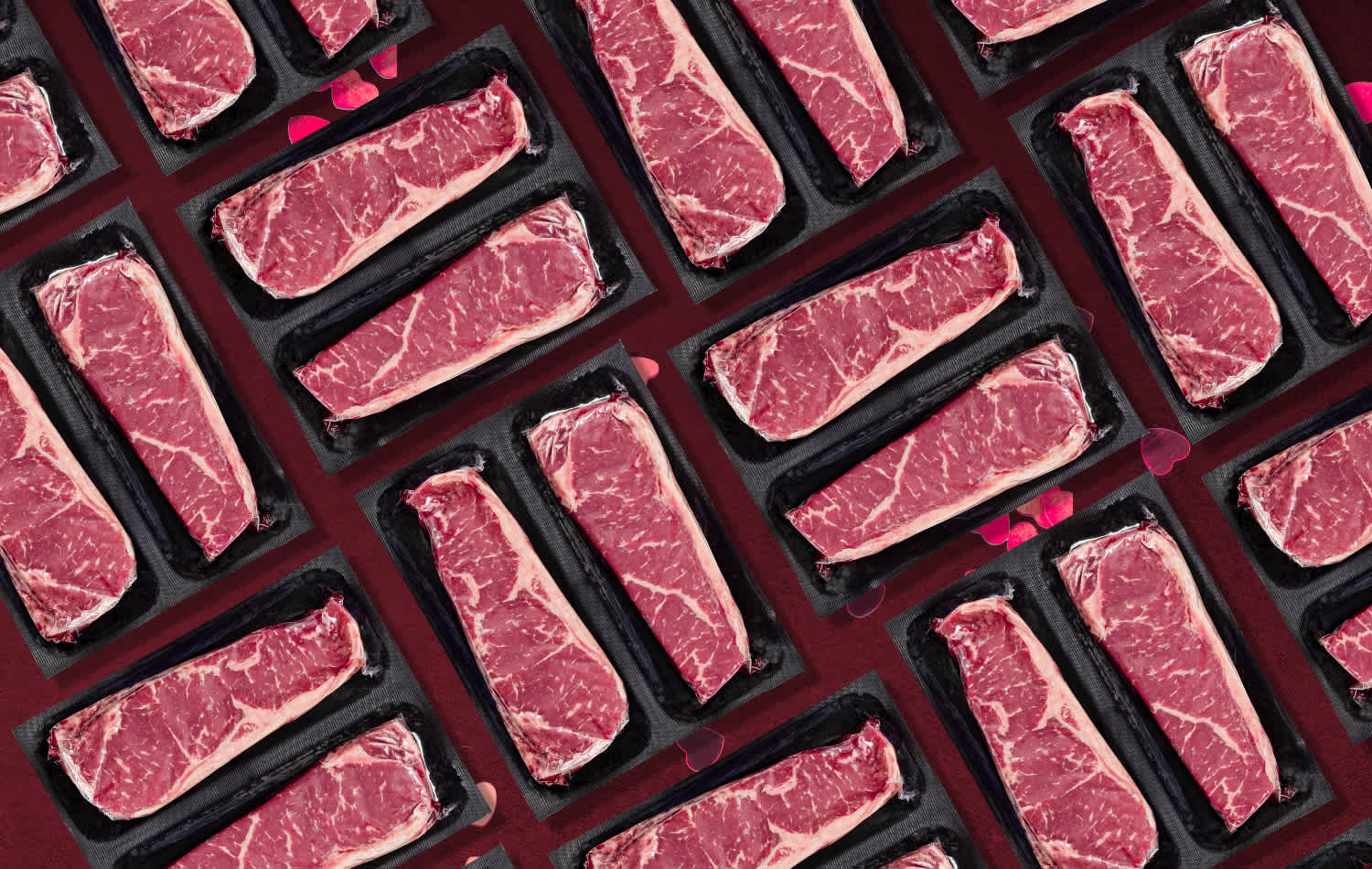You might be wondering if a carnivore diet can truly release the metabolic magic of ketosis. While traditional low-carb approaches have garnered attention, this radical nutritional strategy takes fat adaptation to an entirely different level. By eliminating nearly all carbohydrates and focusing exclusively on animal proteins and fats, you're positioning yourself for a profound metabolic transformation.
But before you jump in, there's a complex terrain of physiological adaptations, potential challenges, and scientific nuances that you'll need to understand. What if this dietary approach could fundamentally rewire your body's energy production and reveal hidden metabolic potential?
The Meat-Based Metabolic Switch: Core Ketosis Principles

Lets deep dive into the metabolic phenomenon of ketosis, a physiological state we have lived in from birth where your body transforms its primary energy source from glucose to fat. When your carbohydrate intake drops considerably, typically below 50 grams daily, your body enters this powerful metabolic mode, burning fat for fuel instead of relying on glucose pathways.
During ketosis, your liver breaks down fatty acids and converts them into ketones, which become the primary energy source for your body and brain.
This metabolic shift requires macronutrients and removal of dietary carbohydrate: approximately 70-80% fat and 20-30% protein. Dietary restriction can significantly influence how quickly and effectively your body enters this metabolic state.
You'll want to focus on consuming high-quality fat sources like red meat, fish, eggs, and butter.
Historically, the human metabolism has been adapted to fatty meat metabolism, suggesting our bodies are naturally primed for this style of nutritional approach.
The change isn't just about dietary changes; it's a complete metabolic recalibration. Your body learns to efficiently burn fat, potentially offering benefits like improved cognitive function, increased energy levels, and better blood sugar control.
Yet, the journey isn't without challenges. You might experience initial side effects known as the "keto flu," including fatigue and brain fog. Staying hydrated and understanding the process can help you successfully navigate this nutritional approach.
From Sugar Burner to Meat Master: Your Fat Adaptation Journey

Exploring the metabolic terrain of ketosis reveals a profound physiological shift where your body becomes a fat-burning powerhouse. As you restrict carbohydrate intake daily, your metabolism undergoes remarkable changes, moving from glucose dependency to ketone utilization.
The fat adaptation process involves several vital stages:
- Insulin levels dramatically decrease, signaling your body to metabolize fatty acids.
- Liver begins converting fatty acids into ketone bodies.
- Metabolic efficiency improves, reducing carbohydrate reliance.
- Energy production becomes more streamlined and consistent.
During this change, you'll experience significant physiological changes. Your body learns to efficiently burn fat, leading to decreased cravings and increased energy levels. The Carnivore Diet specifically supports this metabolic transition by providing high-quality animal proteins that optimize fat adaptation.
Ketones provide a more potent energy source for your brain and tissues, potentially offering neurological benefits and reducing inflammation.
The biggest key to successful fat adaptation lies in maintaining a high-fat, low-carbohydrate diet. By consuming 70-80% fat and carefully selecting high-quality fat sources like butter or lard, you'll support your body's metabolic shift. Hormonal regulation plays a crucial role in this transformative process, influencing how efficiently your body converts stored fat into energy.
Strategic Meat Selection: Optimizing Your Carnivore Protocol

Steering through the carnivore diet's nutritional landscape requires strategic planning and a deep understanding of metabolic needs. You'll want to prioritize high-quality animal proteins like grass-fed beef, wild-caught fish, and pasture-raised poultry to guarantee peak nutrient intake.
Many choose to incorporate organ meats and bone broth several times weekly to provide additional vitamins and minerals that support metabolic function.
Metabolic adaptation is critical for successfully transitioning to this nutrient-dense dietary approach. Careful monitoring of individual metabolic response can help optimize the diet's effectiveness and minimize potential nutritional risks.
| Protein Source | Fat Type | Key Nutrient |
|---|---|---|
| Grass-fed Beef | Tallow | Iron, Zinc |
| Wild Salmon | Omega-3 | B Vitamins |
| Pasture Chicken | Chicken Fat | Vitamin A |
Your nutritional strategy should focus on consuming mainly high-fat and high-protein ruminent meat while maintaining low carbohydrate intake.

Use high-quality salt liberally and focus on eating single ingredient foods, avoiding processed garbage.
Intermittent fasting can complement your carnivore approach, helping to deepen ketosis and improve metabolic flexibility. Start with shorter fasting windows, gradually increasing duration as your body adapts.
For those who are data geeks, you can use ketone testing devices like the Keto Mojo to monitor your metabolic state and make necessary dietary adjustments.
Mastering Meat Macros: Fine-Tuning Your Carnivore Ratios

Mastering macronutrient optimization is the cornerstone of successfully selecting a carnivore diet while maintaining ketosis. You'll need to thoroughly balance your nutrient intake to stay in this metabolic state, focusing on exact ratios that support your body's energy needs.
Key strategies for macronutrient optimization include:
- Track your daily intake if your unsure, ensuring fat comprises 70-80% of your calories.
- Maintain protein consumption between 20-25% of daily calories.
- Strictly limit carbohydrates to less than 20 grams per day.
- Choose high-quality, organic animal products for nutrient density.
Fat becomes your primary energy source, so focus on incorporating nutrient-rich options like butter, ghee, tallow, and lard.
Regularly reassess your macronutrient ratios, understanding that individual metabolic factors influence your specific nutritional needs.
Meat-Based Healing: The Carnivore Health Advantage
The strategic macronutrient management of the carnivore diet sets the stage for understanding its profound potential health benefits. Your journey into this dietary approach reveals multiple avenues for potential wellness improvements across different bodily systems.
Your metabolic health could experience significant transformations, with potential benefits including efficient weight loss, increased lean body mass, and normalized blood pressure. The diet's high-protein, high-fat composition naturally promotes satiety, reducing your overall caloric intake without complex tracking.
Mental health tends to also see significant improvements. The reduction of inflammatory foods and introduction of brain-supporting nutrients helps enhance cognitive function, potentially reducing brain fog and supporting neurological health. Some individuals have reported improvements in mental health conditions and increased mental clarity.
For those struggling with digestive issues or autoimmune conditions, the carnivore diet offers a targeted approach by eliminating plant toxins and focusing on nutrient-dense animal products.
Your potential health benefits extend beyond simple nutrition, representing a thorough approach to wellness.
The Science of Meat: Research Behind Carnivore Success

Scientific inquiry demands rigorous examination of the carnivore diet's potential health impacts, and emerging research offers compelling revelations into its effects. Clinical studies have uncovered fascinating observations into this unique dietary approach, revealing potential therapeutic benefits across multiple health domains.

Key research highlights include:
- A 1930 Bellvue Hospital study demonstrated that men consuming only meat maintained mental alertness and physical activity.
- Inflammatory bowel disease (IBD) patients experienced significant clinical improvements when adopting ketogenic or carnivore diets.
- Neurological research suggests ketones can enhance cognitive function and reduce damage associated with conditions like Alzheimer's.
- Patient satisfaction studies indicate high quality of life improvements with these dietary strategies.
The metabolic shift to ketosis involves complex biological mechanisms, primarily shifting energy production from glucose to ketones. This process triggers multiple physiological changes, including inflammation reduction and potential microbiota reset.
Ketone bodies act as powerful signaling molecules, influencing immune system regulation and metabolic pathways.
While promising, researchers emphasize the need for continued thorough studies to fully understand the long-term implications of carnivore and ketogenic dietary approaches.
Your Meat Journey: Starting Your Carnivore Adventure
With careful planning and strategic implementation, moving to a carnivore lifestyle requires thoughtful navigation through metabolic and dietary shifts.
You'll want to start by gradually reducing carbohydrate intake while simultaneously increasing consumption of meats, fats, and organ meats. This change isn't just about altering foods, but also managing your body's adaptation to a new metabolic state.
Your approach matters immensely. Some individuals prefer a slow change, while others choose a faster switch. If you're coming from a low-fat diet, you'll need to incrementally increase fat intake to prevent overwhelming your digestive system.
Key strategies include incorporating digestive enzymes like lipase and protease, using ox bile to support fat digestion, and maintaining proper hydration and electrolyte balance.
Expect potential challenges like the "keto flu" - symptoms including fatigue and headaches.
Combat these by supplementing with essential electrolytes such as sodium, potassium, and magnesium. Bone broth can be an excellent support, providing vital minerals and aiding digestion.
Think about using supplements like Hydro-Zyme to boost stomach acid production.
Adapting to All-Meat: Your Metabolic Evolution Guide

Maneuvering the complex environment of metabolic adaptation requires understanding your body's elaborate physiological shifts when shifting to a carnivore or ketogenic diet. Your body will undergo significant changes as it evolves from glucose to fat as its primary energy source, a process that demands patience and strategic planning.
Key strategies for managing metabolic adaptation include:
- Gradually reduce carbohydrate intake to minimize initial discomfort
- Monitor your body's ketone levels using specialized testing strips
- Guarantee adequate fat consumption to support ketone production
- Maintain moderate protein intake to prevent gluconeogenesis
During the initial adaptation phase, you'll experience your body depleting glucose stores within one to two days. This triggers the liver to convert fatty acids into ketone bodies, fundamentally changing your metabolic processing.
You might notice cognitive shifts, enhanced endurance, and improved body composition as your metabolism recalibrates. The key is consistency and understanding that metabolic adaptation is a complex, personalized journey requiring attentiveness to your body's unique responses and needs.









